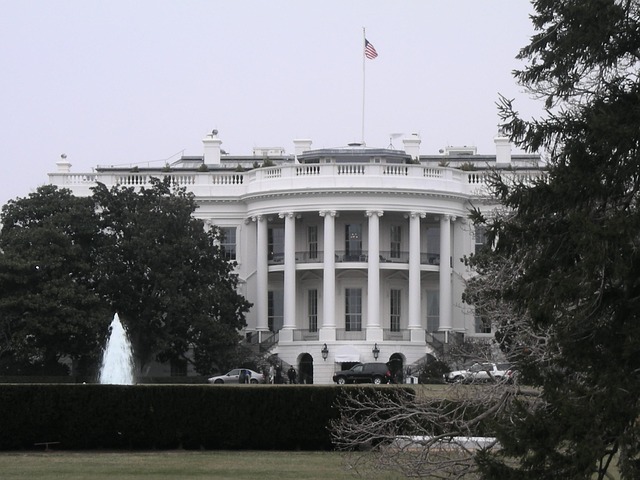South Carolina's Strict New Abortion Law Takes Effect
South Carolina has enacted a law significantly restricting abortion access, generally prohibiting the procedure once embryonic cardiac activity is detected, usually around the sixth week of pregnancy. This legislation marks a major shift in the state's reproductive rights landscape.
Key Provisions and Exceptions

The law primarily prohibits abortions once embryonic cardiac activity is detected. Exceptions exist to save the pregnant patient's life. Limited exceptions for pregnancies resulting from rape or incest are included, typically requiring the assault be reported to law enforcement within a specific timeframe.
Legal Challenges and Judicial Review
Reproductive rights organizations immediately filed legal challenges, arguing the law infringes on constitutional rights. Similar restrictions in other states have faced extensive court battles, often reaching state or federal supreme courts, establishing precedents relevant to this case. This South Carolina law is expected to undergo significant litigation.
Impact on Healthcare Access
This law is projected to drastically reduce abortion access within South Carolina. Opponents argue it will disproportionately affect individuals with lower incomes and those in rural areas who already face barriers to healthcare. Proponents assert the law protects potential life.
Various organizations offer resources for individuals facing unintended pregnancies, including counseling, prenatal care support, and adoption services. Demand for these services may increase following the law's implementation.
Political Landscape and Future Outlook

The law's enactment sparked strong reactions across the political spectrum. Many Republican lawmakers lauded it as a significant achievement for the anti-abortion movement, while Democratic counterparts denounced it as an infringement on reproductive freedom. The legislation is likely to intensify political mobilization around abortion access.
Statements from Key Figures

Governor Henry McMaster stated after signing the bill: "This is a great day for the unborn children of South Carolina. This law will save lives and protect the most vulnerable."
In response, Planned Parenthood South Atlantic issued a statement: "We are deeply disappointed by this extreme and dangerous law. We will continue to fight for every South Carolinian’s right to access abortion care."
